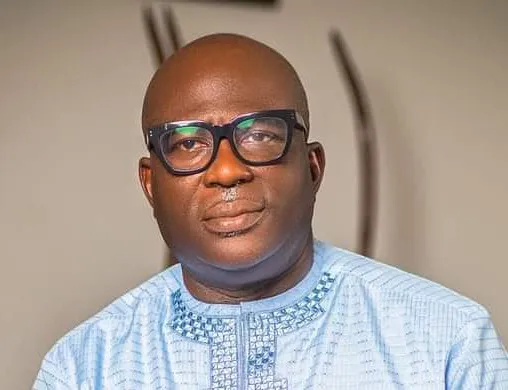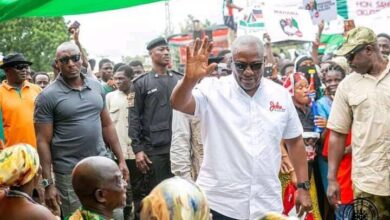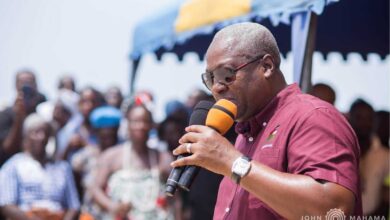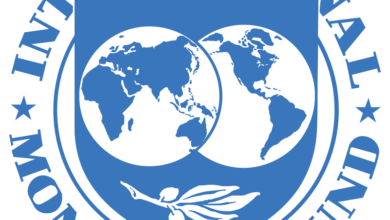The New Patriotic Party (NPP) has plunged Ghana into a dire economic situation, and an innovative vision is needed to reset the country’s economic footing. Many Ghanaians are struggling with severe economic hardship and find the NPP flagbearer’s proposal to upgrade the economy both baseless and unwarranted.
“What is there to upgrade?” questioned Hon. Ebenezer Okletey Terlabi, Member of Parliament for Lower Manya Krobo, during an interview on the Adekyee Mu Nsem morning show on Ahotor 92.3 FM, hosted by Citizen Kofi Owusu. He argued that the fundamentals of the economy have been severely damaged over the past eight years.
Terlabi believes that Ghanaians are calling for a comprehensive economic policy that includes everyone in the nation’s economic agenda. He praised the National Democratic Congress’s (NDC) recent manifesto, which he feels reflects the will and aspirations of the people. In contrast, he criticized Dr. Bawumia of the NPP for promoting economic policies that he considers deceptive and inadequate in addressing the country’s challenges.
Terlabi urged Ghanaians to vote for John Dramani Mahama to rescue and reset the country with a vision focused on human-centered development and effective policies.
Last Saturday, the NDC unveiled a manifesto aimed at addressing Ghana’s economic difficulties and providing hope for the future. The manifesto’s vision includes job creation, justice, good governance, and nationwide prosperity. It is described as solution-oriented, achievable, and people-centered, with a focus on transparent and effective use of national resources.
The manifesto signifies a new era of transformation for Ghana, building on President John Dramani Mahama’s proven track record in key sectors such as health, education, agriculture, infrastructure, and social policies. In his address, Mahama committed to serving Ghana with humility, accountability, fairness, and inclusivity, emphasizing his dedication to addressing significant deficits.
Key points from the manifesto include:
Economic Reset for Prosperity:
National Economy Dialogue on a Development Plan
Removal of certain taxes
Alleviating Economic Stress:
Free academic fees for first-year university students
Free tertiary education for people with disabilities
Provision of free sanitary pads for schoolgirls
Uncapping the NHIL
Implementation of free primary health care
Expansion of health infrastructure and recruitment of health professionals
Establishment of a state-of-the-art specialist children’s hospital
Creation of a National Fertility Centre
Development of modern dialysis centers in regional hospitals
Economic Development Initiatives:
Implementation of a 24-hour economy policy
Establishment of a Women Development Bank
National Apprenticeship Program
Free technical and vocational education, with support for graduates
Business Development: Tax exemptions for new SMEs
Promotion of a “Made in Ghana” agenda
Commercialization of the Okada business
MO-NE-YO pension scheme for informal sector workers
Launch of the One Million Coders Program
Expansion of the automotive and vehicle assembly sector
Creation of regional agro-industrial zones
Construction of 20 feed processing plants
Establishment of farmers’ service centers across Ghana
Governance and Social Policy:
Reduction of government size to 60 ministers
Aggressive anti-corruption measures: Operation Recover All (ORAL)
Reopening investigations into major unresolved cases
Improvement of free SHS and elimination of the double track system
Implementation of a bed-for-all program in universities
Partnership with private businesses to construct student hostels
Abolishment of Teacher Licensure Exams and introduction of the Teacher ‘Dabr3’ Program
Provision of accommodation in new schools for teachers
Establishment of a new railway system based on a Build and Operate Policy
Creation of mining cooperatives and a Gold Board
Ban on mining licenses in forest reserves
Implementation of the Tree for Life Reforestation Policy and Blue for Life Program





